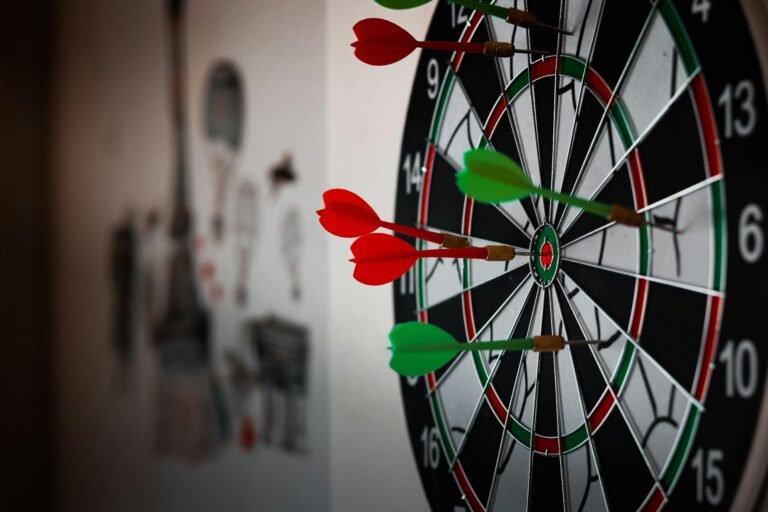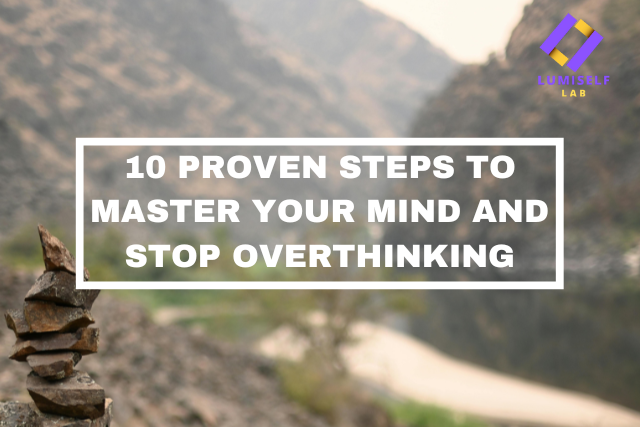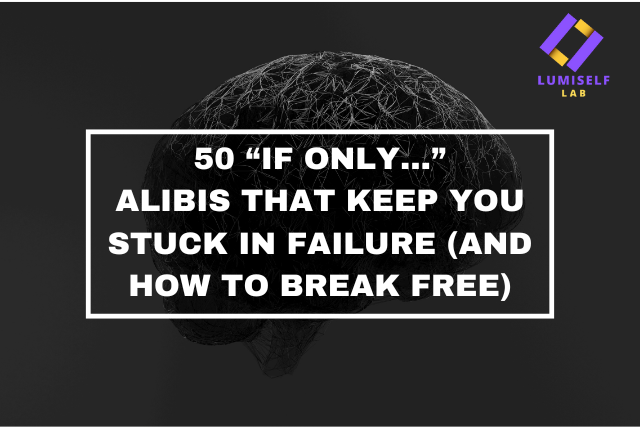Introduction
In today’s world full of distractions, staying focused has become one of the toughest challenges we face. Whether it’s your phone buzzing every few minutes or the endless tabs open on your laptop, your attention is constantly under attack. But the truth is, we can train our brain to focus better — and no, multitasking is not the answer. You don’t need superpowers to boost your attention; you need the right habits. Today, the Lumiself Lab is here to help you with this, so let’s get started!
1. Don’t Multitask
Multitasking is one of the most overhyped ideas out there. It makes people feel like they’re not good enough if they can’t do it, when in reality, multitasking often harms productivity. Splitting your focus means you don’t give your best to any of the tasks. Focus on doing one task at a time — properly — and you’ll get it done faster and better.
2. Do the Task When It’s Task Time
You must work on building a routine that fits your lifestyle — not too rigid, but consistent. Set dedicated time slots for your tasks and respect those times. If it’s task time, don’t scroll your phone; and if it’s rest time, don’t guilt yourself for taking a break. Honoring time blocks teaches your brain to stay focused during work hours and truly relax during downtime.
3. Try to Work Offline
Yes, the digital world is powerful, but it’s also the biggest source of distraction. Whenever possible, try working offline. For example, if you’re reading a book, use a physical copy instead of a PDF on your phone. Keep your phone and laptop away if you don’t need them. The fewer the notifications, the better your focus.
4. Do Exercise Regularly
Physical exercise is not just about building muscles — it sharpens your brain too. When you exercise regularly, it boosts blood flow, releases stress, and improves your mental alertness. You don’t have to go all out at the gym; just a 20-30 minute walk, light workout, or a session of yoga can help reset your mind and make it more focused for the rest of the day.
5. Work for a Particular Amount of Time
You need to train your brain to stay engaged for a fixed duration. For example, set a timer for 30 or 45 minutes and commit to focusing entirely on the task during that period. If you don’t practice this, your mind will wander, and distractions will take over. Start small and increase your focus span gradually.

6. Take Breaks in the Middle of Long Tasks
If a task demands a lot of time and energy, don’t push through endlessly. Give your mind a break. It helps to refresh your brain and brings back your attention. Even a 5-10 minute walk, stretching, or simply closing your eyes can recharge you enough to continue with stronger focus.
7. Do Mind Exercises
Just like our body needs exercise, so does the mind. Mind exercises help improve concentration and mental clarity. You can try meditation, breathing exercises, or even games that require intense focus and strategy. With regular practice, you’ll notice how sharper your focus becomes over time.
8. Fix Places for Particular Tasks
Train your brain by assigning specific locations for different types of work. For example, use one spot for studying, another for working, and another for meditation or relaxation. This helps your brain switch modes faster because it associates those places with specific actions. The result? You’ll get into a focused zone more quickly.
9. Create a Task List
Writing things down relieves your brain of the pressure to remember everything. Create a task list every day — it can be on a notepad, a whiteboard, or even a phone app. It gives you clarity on what needs to be done and helps your brain to focus better on the current task without juggling mental reminders.
10. Don’t Be Too Hard on Yourself
Improving focus is a journey, not a one-day transformation. There will be days you’ll struggle, and that’s okay. The key is to be aware, reset, and try again. Over time, these habits will become second nature.
Final Thoughts
In a world where attention is currency, protecting your focus is one of the most valuable skills you can build. You don’t need a perfect system or superhuman discipline — you just need small, consistent habits that support your goals. Train your brain, set boundaries, and give yourself the space to truly engage with what matters.
Because the quality of your focus decides the quality of your future.



